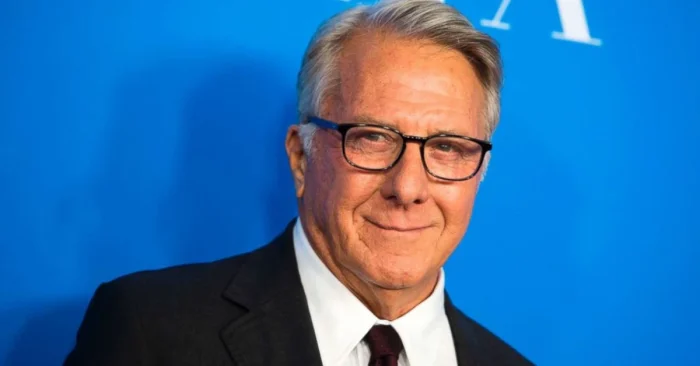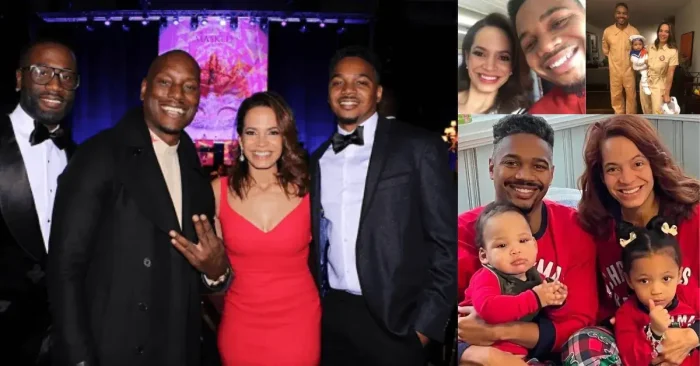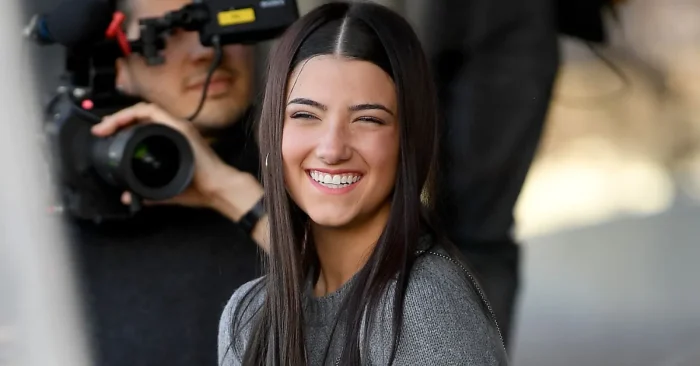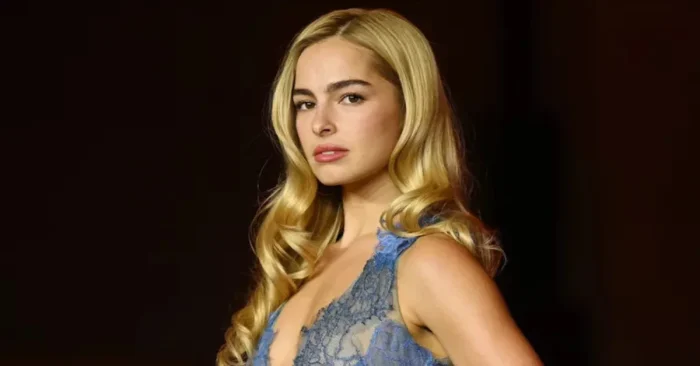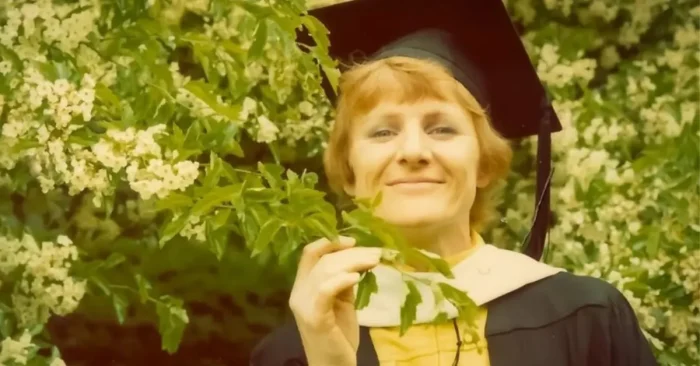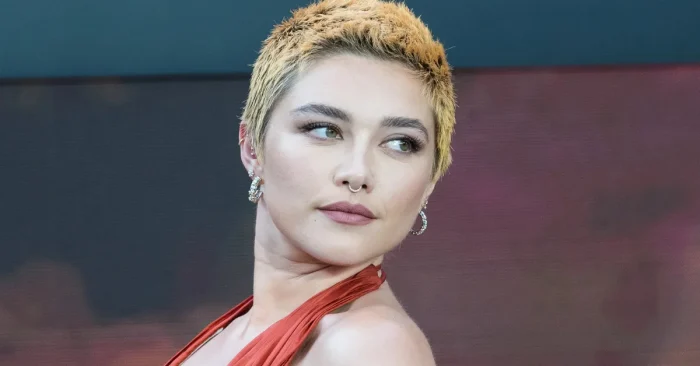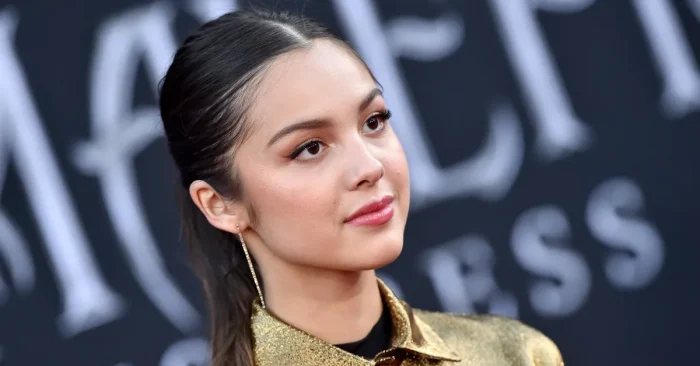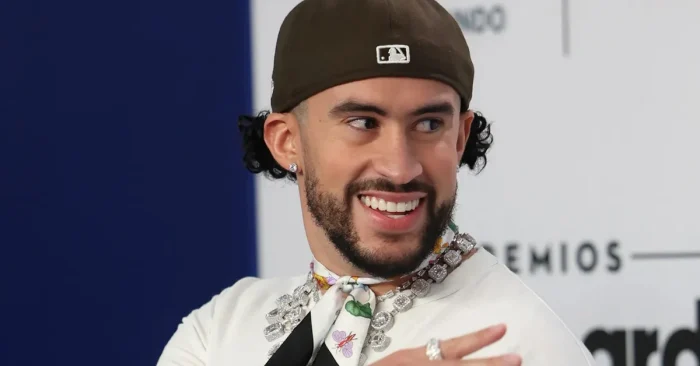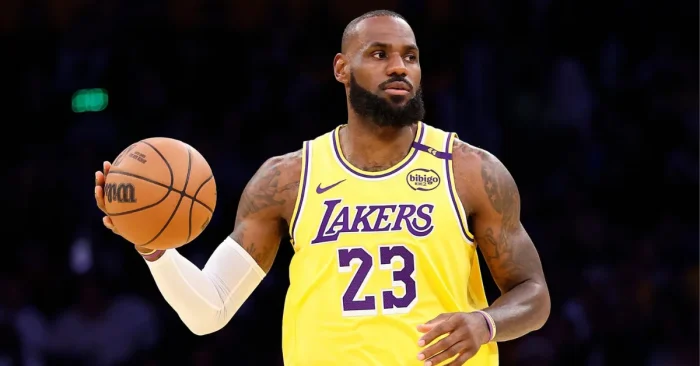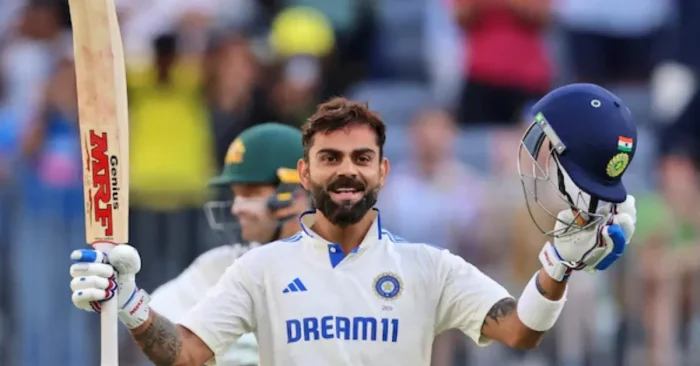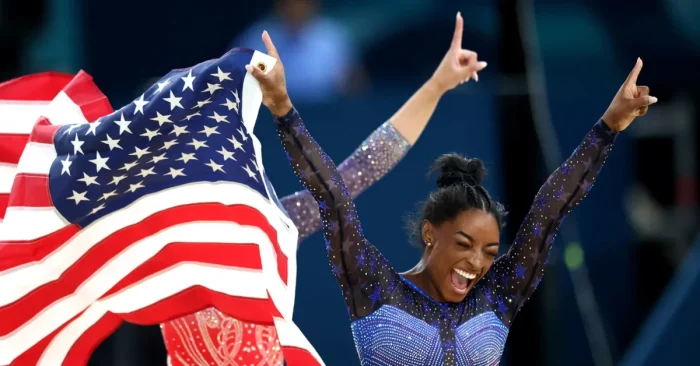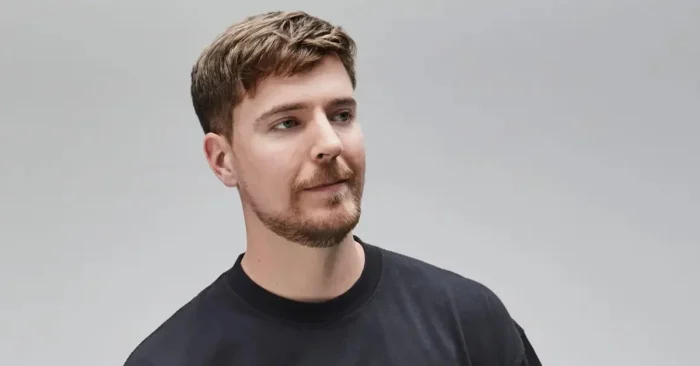Dustin Hoffman – Biography
Early Life and Background
Dustin Hoffman was born on August 8, 1937, in Los Angeles, California. Raised in a Jewish household, he was the younger of two sons to Lillian and Harry Hoffman. His father worked as a set decorator for Columbia Pictures before moving into furniture sales. Hoffman initially aspired to be a classical pianist and studied music at Santa Monica College. However, his interest shifted toward acting after enrolling in courses at the Pasadena Playhouse, where he began a journey that would eventually shape modern American film acting.
Struggles and Acting Training
Hoffman’s early career was marked by perseverance through hardship. He trained at the prestigious Actors Studio in New York and supported himself with odd jobs, including waiting tables and teaching acting. Unlike the conventional Hollywood leading man, Hoffman’s everyman appearance made it difficult to land roles early on. However, his commitment to method acting and emotional authenticity soon set him apart. His performances on stage drew the attention of casting agents, opening the door to his breakthrough in cinema.
Breakthrough with “The Graduate”
In 1967, Hoffman landed the lead role of Benjamin Braddock in Mike Nichols’ film “The Graduate.” His portrayal of a disillusioned college graduate seduced by an older woman became an instant cultural landmark. The film not only redefined American cinema but also redefined what a leading man could look and act like. Hoffman received an Academy Award nomination for Best Actor, and the film’s success launched him into stardom. It was a transformative moment both for him and for the industry, setting the tone for a new wave of introspective, character-driven films.
Critical Acclaim and Versatile Career
Following “The Graduate,” Hoffman delivered a string of powerful performances. He starred in “Midnight Cowboy” (1969), playing Ratso Rizzo, a sickly street hustler—a role that earned him another Oscar nomination. In the 1970s and 80s, he continued his dominance with films like “Lenny,” “All the President’s Men,” “Kramer vs. Kramer,” and “Tootsie.” He won his first Academy Award for Best Actor for “Kramer vs. Kramer” (1979), portraying a father fighting for custody of his son. His second Oscar came with “Rain Man” (1988), where he played an autistic savant with remarkable depth and sensitivity. Hoffman’s dedication to character immersion and realism made him one of the most respected actors of his generation.
Later Work and Continued Influence
As he moved into the 1990s and 2000s, Hoffman took on diverse roles, from “Hook” and “Outbreak” to voice work in animated films like “Kung Fu Panda.” He directed his first film, “Quartet,” in 2012, showing his continued passion for storytelling. He has also returned to theater intermittently, proving his enduring connection to his acting roots. Despite facing fewer leading roles in recent years, Hoffman’s legacy as a transformative figure in American cinema remains firmly intact.
Personal Life
Dustin Hoffman has been married to Lisa Gottsegen since 1980, and the couple has four children together. He also has two daughters from a previous marriage. Known for his privacy, Hoffman has largely kept his personal life away from the spotlight. He is known for being meticulous and intense in his craft, traits that have sometimes led to conflicts on set but have always underscored his passion for performance. In recent years, he faced allegations of misconduct, which he denied, marking a complex moment in his later public life.
Legacy and Honors
Over his career, Hoffman has won numerous awards, including two Oscars, six Golden Globes, and four BAFTAs. In 2012, he received the Kennedy Center Honors for his lifetime contribution to American culture through the performing arts. He is often cited as one of the greatest actors of the 20th century, credited with helping to usher in an era of realism and vulnerability in screen acting. His performances remain a benchmark for aspiring actors worldwide.
Conclusion
Dustin Hoffman changed the face of American acting by bringing emotional nuance, vulnerability, and intensity to roles that challenged stereotypes and shaped cinematic storytelling. From his breakout role in “The Graduate” to his unforgettable performances in “Rain Man” and “Kramer vs. Kramer,” Hoffman has consistently pushed boundaries and set new standards. Though his career spans decades, his influence remains deeply rooted in today’s film landscape. A pioneer of method acting and a master of emotional range, Dustin Hoffman is not just a performer but a cornerstone of modern cinema.
Frequently Asked Questions (FAQs)
What is Dustin Hoffman best known for?
He is best known for his roles in “The Graduate,” “Rain Man,” and “Kramer vs. Kramer.”
How many Oscars has Dustin Hoffman won?
He has won two Academy Awards for Best Actor, for “Kramer vs. Kramer” and “Rain Man.”
Has Dustin Hoffman worked in theater?
Yes, he began his career in theater and occasionally returned to stage performances throughout his life.
Is Dustin Hoffman still acting?
While he has slowed down in recent years, Hoffman remains active in the industry, including directing and occasional roles.
What is Dustin Hoffman’s acting style?
He is known for his method acting, emotional depth, and commitment to authenticity in each role.

